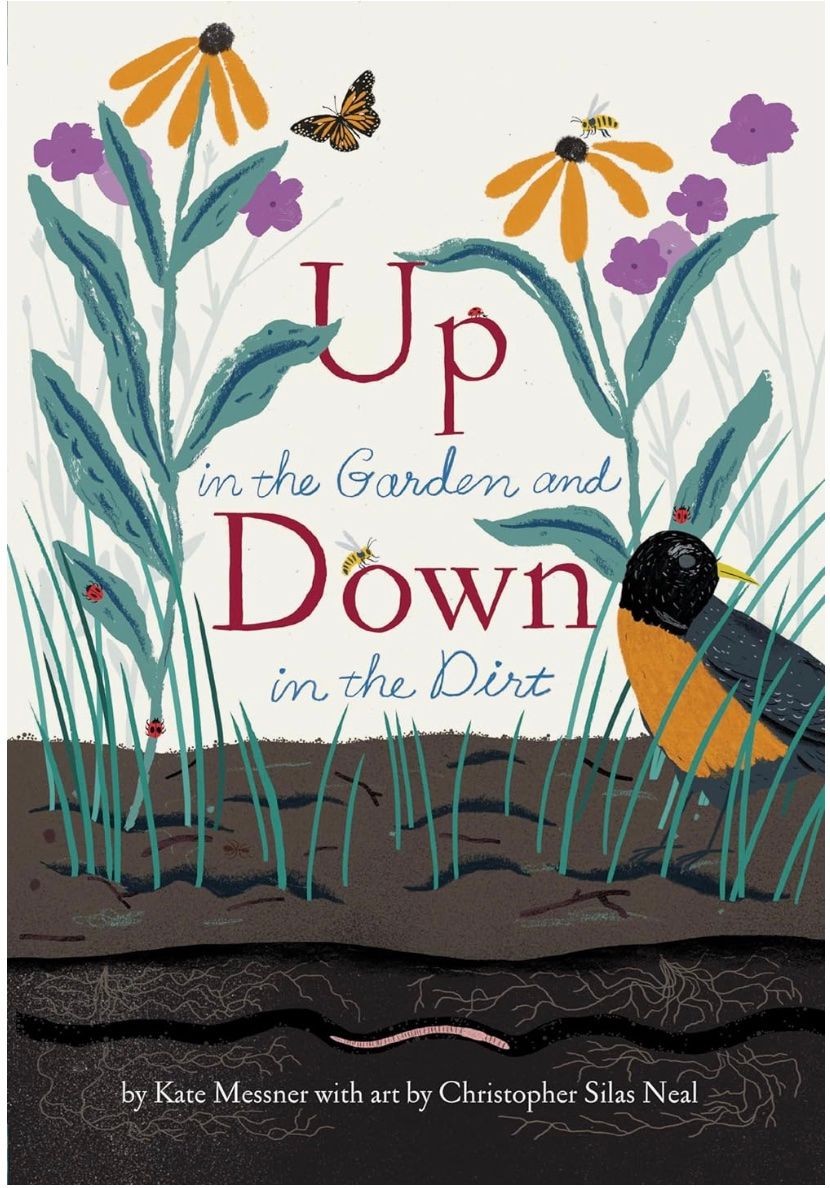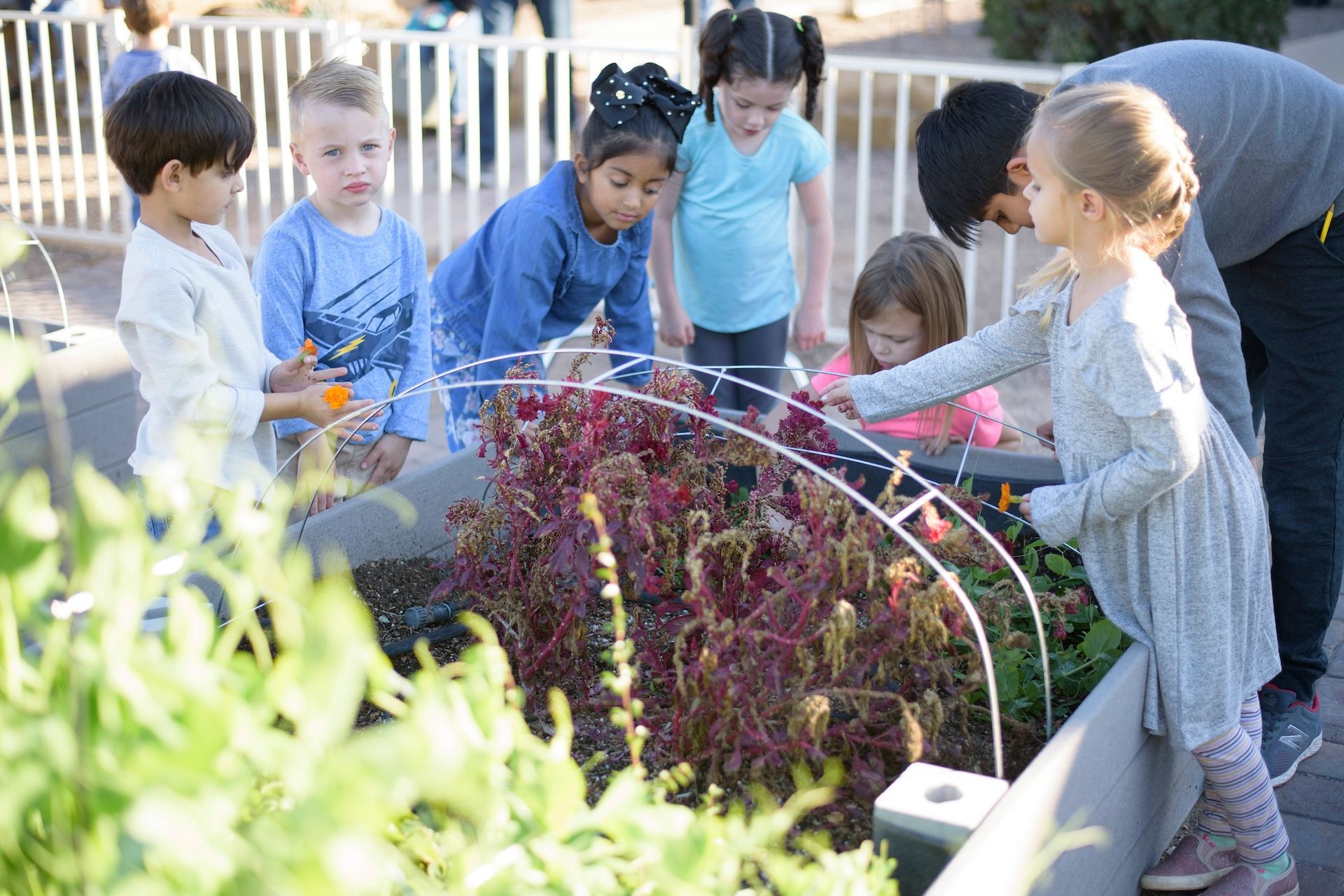The Importance of Early Literacy
When describing learning goals for our youngest Montessori students, several words always come to mind – independence, control of movement, social skills, and language, language, language!
Montessori referred to the ages of 2-6 years as that of the “absorbent mind”. During this stage of life, children indiscriminately take in (“absorb”) without effort whatever is present in their environment. This includes language!
Montessori believed that the first sign of the sensitive period for language acquisition began in infancy, with the child’s first smiles in response to his or her environment. She spoke of this sensitive period for language development: “The only language men ever speak perfectly is the one they learn in babyhood, when no one can teach them anything.” You may be amazed to hear the language of the classroom brought home by your Montessori student – terms like trinomial cube, quatrefoil, vertebrate, archipelago – even multi-syllable words are learned easily by children at this age.
Language skills are foundational to nearly all learning, including social skills. The prepared environment of the Montessori classroom intentionally supports language development in the areas of listening, speaking, writing and reading. One-on-one lessons with the teacher, small group lessons and circle time, as well as the freedom to converse at will with classmates help the child to expand vocabulary and develop communication skills. The materials Montessori created to teach reading and writing, such as sandpaper letters and moveable alphabet, connect the child’s awareness of specific language sounds to printed symbols. Practical life activities indirectly prepare the child’s hand for writing, while building his concentration for the abstract work of reading and writing. On a broader scale, literacy is supported throughout the classroom simply through the act of infusing language at every opportunity.
More and more, research has made it possible to identify essential experiences that are needed to build early childhood literacy. These experiences have a place place not only in the Montessori classroom, but can also easily be a part of your child’s focus and enjoyment at home. Here are some suggestions of activities you can provide at home to promote literacy and lay the groundwork for strong academic and social skills.
- Talk to your baby; engage him or her with “parentese” – this singsong way of talking is stimulating to infants as they process the key sounds and patterns of their native language.
- Teach your children the vocabulary of everyday objects and activities around them; use rich vocabulary and precise words when conversing with your child. Listen and respond when your child attempts to communicate with you.
- Explore with your child sound games, such as “I Spy”, rhyming words, alliterative words, categories of words (color words, number words, directional words, etc.).
- Read aloud with expression to your child each day. Provide supportive discussion before (build interest in the book about to be read by looking at the pictures and guessing what the story might be about), during (ask questions about what has taken place and what might happen next) and after reading (talk about the story, describe a favorite part, allow your child to verbalize how he connects to the story and how the story might be like other books he has read).
- Provide an inviting area for reading at home.
- While reading, draw attention to print and book features, i.e., the book cover, text, pictures, and title, as well as page turning and the left-to-right, top-to-bottom sequence of reading.
- Share with your child functional print , such as nametags, labels, schedules, charts, signs, shopping lists, menus, etc.
- Encourage first attempts at writing, whether scribbled or legible, real or play situations, invented or correct spelling. Provide a supply of writing supplies for your child to use. Offer to write down the stories your child dictates.
- Play board games and cook together to expand vocabulary and introduce new concepts.
Resources:
- “Dr. Montessori: Language and the Absorbent Mind”
- www.naeyc.org /files/yc/file/200303/ Essentials .pdf
Kathleen A. Roskos , James F. Christie , and Donald J. Richgels
The Essentials of Early Literacy Instruction
Programs
Connect
Parents
Phone: (502) 640-8585
10263 Champion Farms Dr.
Louisville, Kentucky 40241 USA
Student Records Request
Please email Rachel Flavell
office@msl-edu.org
Montessori School of Louisville
Montessori School of Louisville






